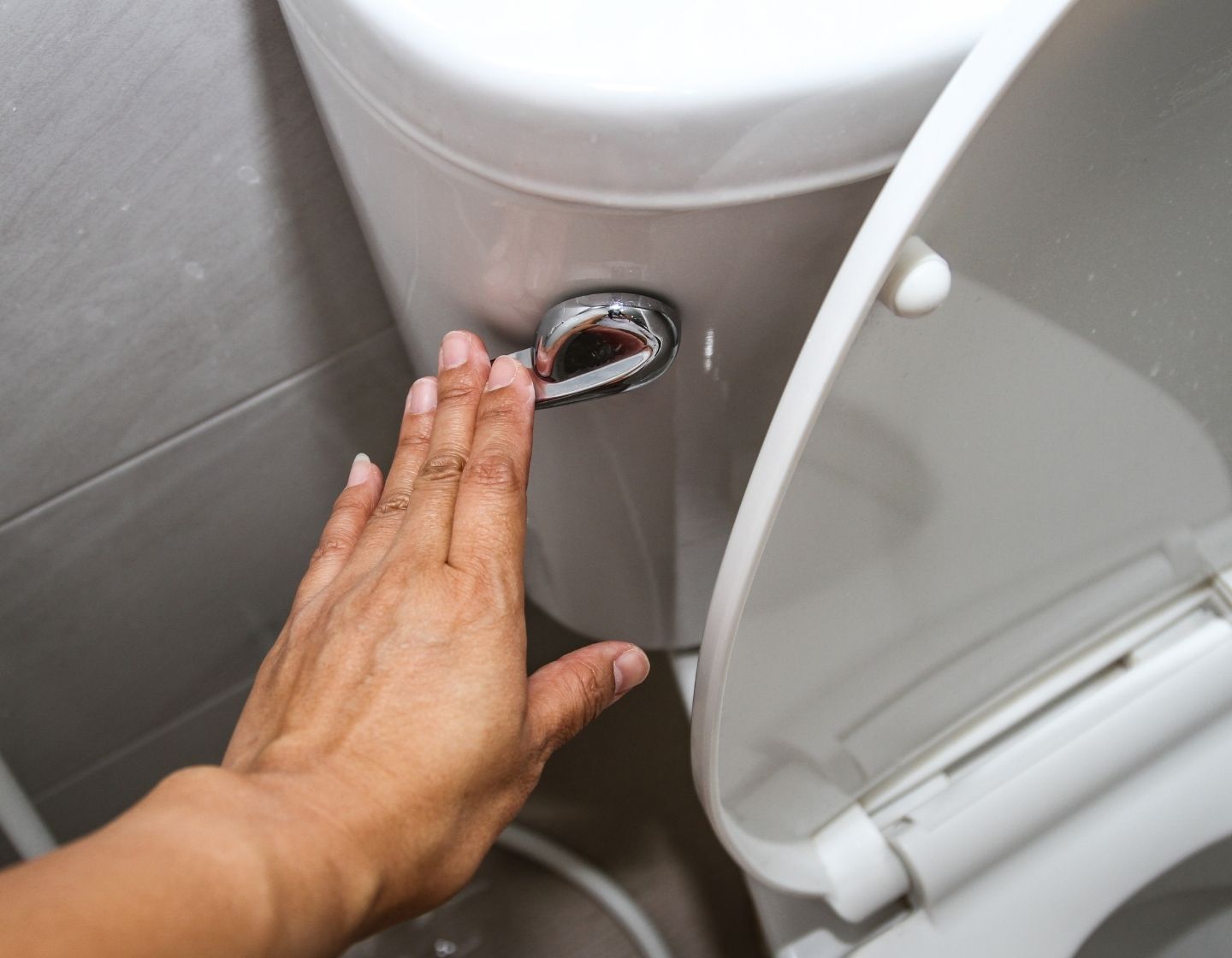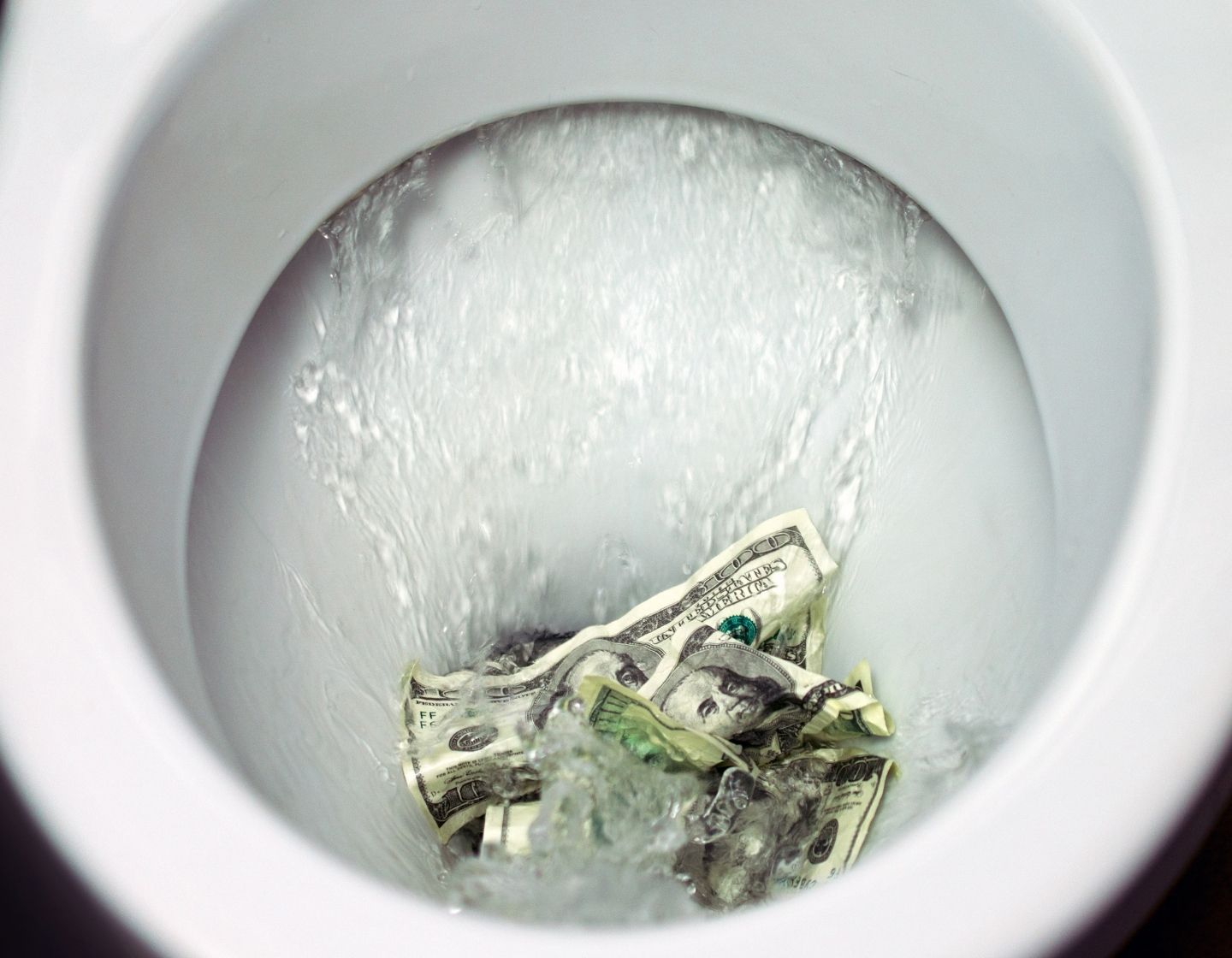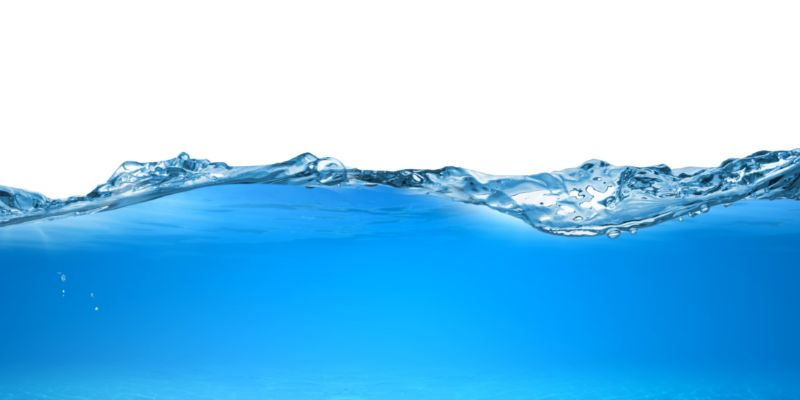Why choose a water displacement bag?
You may have seen a water displacement bag on BBC1 Live Well for the Planet. This handy water-saving hack only costs a couple of pounds but it offers huge savings every single day! With more people working from home, there will likely be a rise in water use so conserving water where possible is vitally important. With simple products like this, you don’t even have to think about it.
What is a water displacement bag?
The award-winning Save-a-Flush displacement bag is a brilliantly simple way to save thousands of litres of water every year. It works by displacing water in the cistern to save you 1 litre of water each time you flush your toilet. Overall, this easy-to-fit and zero maintenance device can save you an average of 4,800 litres a year.
What makes a water displacement bag sustainable?
The Save-a-Flush displacement bag contains a super absorbent polymer called potassium polyacrylamide which is non-toxic and environmentally safe. It is similar to the water-saving granules you can buy from garden centres.
The absorbent polymer is enclosed in a laminate envelope bag that will last for years. As the polymer is biodegradable, if exposed to sunlight it will break down naturally however, as it’s encased in the cistern of the toilet, that won’t happen.
The amount of Save-a-Flush bags that are being used in the world are saving more than 50 million litres of water a year – enough to fill 20 Olympic swimming pools. Moreover, if half of the UK population used just one litre less of water per flush, they’d save 54 tonnes of carbon dioxide a year.

Why should I conserve water?
A third of the water we use in our home is flushed down the toilet but small investments such as water displacement bags can prove to be huge savers.
Wasting water can eventually lead to a lack of adequate water supply as only 1.2% of the planet’s water is drinkable. A lack of adequate water supply can lead to rising costs, reduced food supplies, health hazards and more. By reducing our water usage, we in turn reduce the energy needed to process, deliver and heat water in homes and businesses. This reduces pollution and conserves fuel.
Additionally, we rely on water for food production. Plants, fruits and vegetables will not be able to grow if we do not have enough water.
It’s not just us we need to think about either. In the UK alone we have lost 90% of our wetland habitats in the last 100 years. Using less water prevents drought, protects our ecosystems and provides animals with water to survive.
Saving water also means saving money! The Save a Flush displacement bag only costs £2.95 and £1.80 for Home Club members, so you’ll make your money back in no time at all. By making simple changes such as using a water displacement bag can drastically reduce your home’s water bill while saving the planet.

How else can I conserve water?
Water conservation means using our limited supply of water more responsibly. There are a few more simple toilet hacks you can try to save your pennies and the planet.
Installing a dual flush toilet can save around 67% of water in comparison to regular toilets. If you’re not familiar with what a dual flush toilet is, it means that you can perform a full flush or a half flush.
Standard toilets use a siphoning tube to get rid of waste. The flushed water fills the siphon tube and pushes the waste and water down the drain. In comparison, dual-flush toilets use a larger trap way to get rid of waste. Gravity pushes down the water and waste naturally which ultimately uses less water each flush.
But all toilets, even more eco-friendly toilets, can be subject to leaks. A leaky toilet can waste up to 300 litres of water per day so it’s important to check regularly. Although a higher water bill may be a sign, Southern Water recommends the following method:
- Flush the toilet and wait 15 minutes. Then dry the back of the toilet pan with tissue and place a dry sheet of tissue at the back of the pan.
- Come back in three hours (without using the toilet in between) and check if the tissue is dry or wet.
If the tissue is dry then great news, you don’t have a leak. However, if it’s a little wet you may have a small leak and if the tissue has broken up and sunk into the water below, you have a significant leak that needs fixing urgently.

